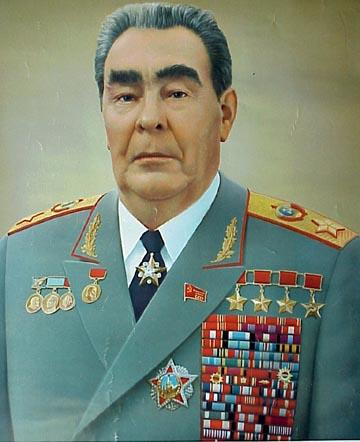I've had a history on this blog of making useless predictions, which I am going to put to rest. Too many pundits are flooding the public sphere with asinine prognostication, so there's no need for my own entry. No, I would like, in a term borrowed from a Tom Waits song, to give an emotional weather report and forecast for the upcoming year.
My fears from this summer have proven correct: we are witnessing a major change in the historical weather. To mix my metaphors, the tectonic plates are shifting, the earth is shaking, and edifices are crumbling to the ground. I simply cannot predict exactly what is going to come next, but I can only tell you that it will be bad. There are dark storm clouds on the horizon, I just don't know how bad.
As near as I can tell the political opposition will have little power to stop Trump and his agenda. The Democrats are a minority in both houses of Congresses, were blocked from swinging the Supreme Court, and are fighting an opponent more than happy to eradicate obstacles to power, democracy be damned. Just look at voter suppression, the coup in North Carolina, and the aforementioned blocking of Merrick Garland's nomination. The political left remains divided, still fighting each other over the last election rather than banding together to face the common enemy. The radical left's membership is practically non-existent outside of college campuses while the mainstream Democratic party seems incapable of rallying its base. If the Democrats try to filibuster in the Senate, I get the feeling that the filibuster will be suspended by Senate Republicans, which would fit their MO.
At the very least the social safety net will be shredded even more, and the wealthy will get even more money due to ending the inheritance tax and lowering their income tax burden. Millions will lose health insurance. Paul Ryan has been jizzing himself since November 8 at the thought of starving your grandmother, and he will get his wish.
This alone is the best case scenario. In terms of foreign policy, where the president has a lot of free reign, things could get really crazy. Trump effectively wants an alliance with Putin, and NATO may soon go the way of the dodo. Putin may well invade the Baltic states. US warplanes may soon be dropping bombs on the Syrian opposition in order to maintain the Assad regime. A trade war with China could be in the offing. At home a Jeff Sessions-run Justice Department will give racist cops even freer reign to kill. A Betsy DeVos Department of Education may permanently paralyze public education. Trump will likely use his position to enrich himself, his cronies, and his awful children.
One of the worst things about this is the unpredictability of the situation. We are in uncharted waters and are going to stay there. There is going to be no going back. I cannot predict what will happen, but I do know that the next year will be unprecedented.
I've read two moving books this year by people caught up in historical change, One was Vera Brittain's Testament of Youth, detailing her early life, especially her years as a nurse in World War I. This book is a reminder that our whole world can change overnight in ways that we could never expect, and that larger historical changes, like the universe itself, are indifferent to our fate. I got a similar feeling reading Victor Klemperer's diary of life under Nazism. That book has shaken me because Klemperer and his friends initially thought that there was no way that Hitler would maintain power, that the army would step in, that his own cronies would have him done away with. I am convinced, more than ever, that all good people who oppose the incoming autocrat need to be prepared to fight to the last breath if we are going to have any chance of maintaining democracy. Anything short of that will not be enough. And so for the next year my only resolution is to put my shoulder to the wheel.






:format(jpeg):mode_rgb():quality(40)/discogs-images/A-126432-1304950426.jpeg.jpg)